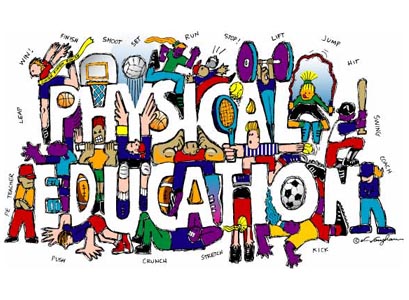Even Uncle Sam Files Extensions
 2011 marks the rare occasion when the IRS says it needs more time to prepare for the tax year filing.A� Mainly due to tax law changes enacted by Congress and signed by President Obama at the tail end of 2010, some people must now wait until late February to file tax returns in order to give the IRS time to reprogram its processing systems. The IRS is expected to announce a specific date when as to when it is fully prepared to process these types of returns.A� Although the details for accounting professionals are typically covered in most standard continuing education tax courses, the basics of those taxpayers impacted by this delay include:
2011 marks the rare occasion when the IRS says it needs more time to prepare for the tax year filing.A� Mainly due to tax law changes enacted by Congress and signed by President Obama at the tail end of 2010, some people must now wait until late February to file tax returns in order to give the IRS time to reprogram its processing systems. The IRS is expected to announce a specific date when as to when it is fully prepared to process these types of returns.A� Although the details for accounting professionals are typically covered in most standard continuing education tax courses, the basics of those taxpayers impacted by this delay include:
Taxpayers Claiming Itemized Deductions on Schedule A-itemized deductions include mortgage interest, charitable deductions, medical and dental expenses as well as state and local taxes. Itemized deductions include the state and local general sales tax deduction that was also extended and which primarily benefits people living in areas without state and local income taxes.
Taxpayers Claiming the Higher Education Tuition and Fees Deduction-this deduction for is primarily parents and students (covering up to $4,000 of tuition and fees paid to a post-secondary institution) is claimed on Form 8917. However, the IRS emphasized that there will be no delays for millions of parents and students who claim other education credits, such as the American Opportunity Tax Credit (extended last month) or the Lifetime Learning Credit.
Taxpayers Claiming the Educator Expense Deduction-mainly for kindergarten through grade 12 teachers with out-of-pocket classroom expenses of up to $250. The educator expense deduction is claimed on Form 1040, Line 23 and Form 1040A, Line 16.
Although the vast majority of people will still be able to file according to the standard schedule, tax preparers will be required to know all of the exceptions and how they are impacted. For example, anyone who itemizes and files a Schedule A is impacted by the new laws and will need to wait to file until this new mid-to late February deadline.
Given the extent of new tax laws (including the Tax Relief, Unemployment Insurance Reauthorization, and Job Creation Acts) and the number of other tax deductions and credits for 2011 and 2012 (including the American Opportunity Tax Credit and the modified Child Tax Credit), tax preparers can be assured that this most recent information will be incorporated into this year’s tax continuing education curriculum.A� These sorts of tax CPE updates guarantee that professionals with EA certification continue to offer valuable service to tax payers.A� An enrolled agent education requirement involves maintaining a high-level knowledge of tax law updates and working with the IRS on a wide variety of issues on behalf of taxpaying public.
On the bright side, Uncle Sam has given both tax preparers and taxpayers a bit more time as well, extending this year’s due date to file tax returns to April 18th. That’s a whopping 3 more days that should give preparers plenty of time to learn, analyze and apply the 929 paged new Bill just signed into law.
IRS Circular 230 Disclosure
Pursuant to the requirements of the Internal Revenue Service Circular 230, we inform you that, to the extent any advice relating to a Federal tax issue is contained in this communication, including in any attachments, it was not written or intended to be used, and cannot be used, for the purpose of (a) avoiding any tax related penalties that may be imposed on you or any other person under the Internal Revenue Code, or (b) promoting, marketing or recommending to another person any transaction or matter addressed in this communication.
